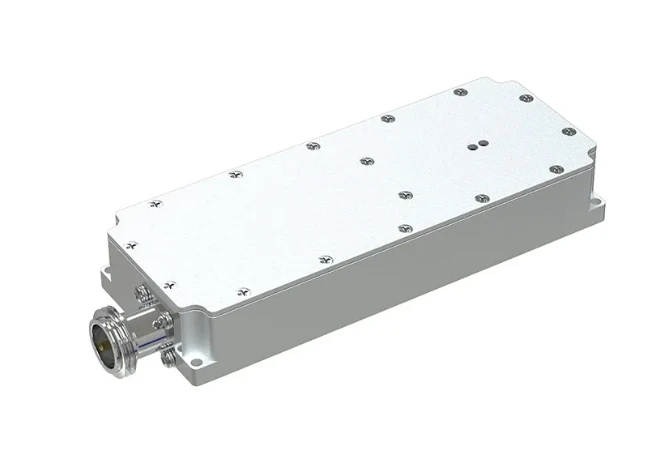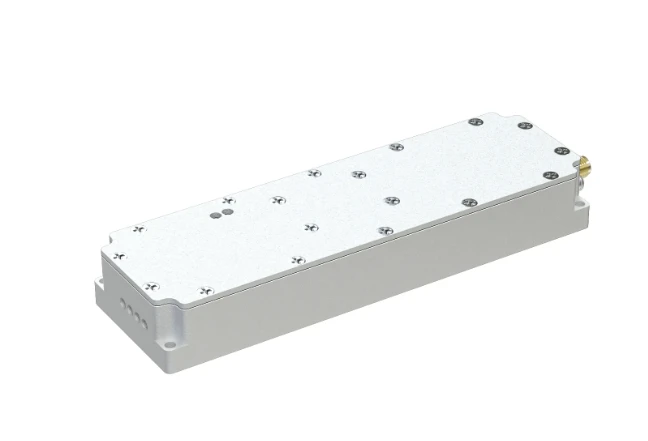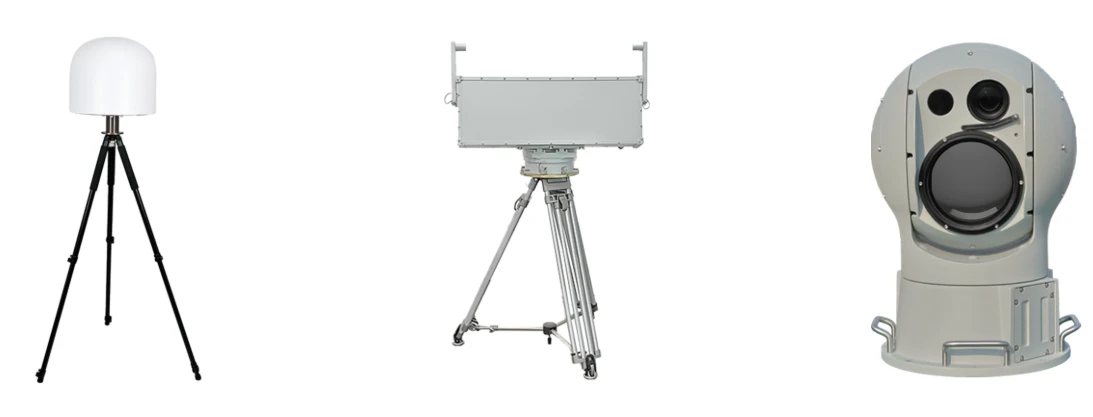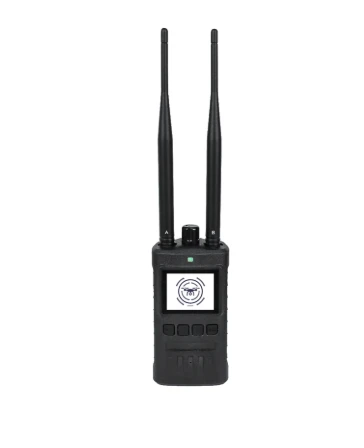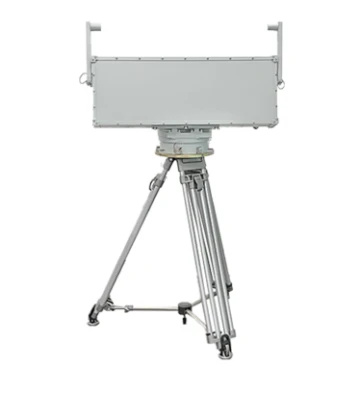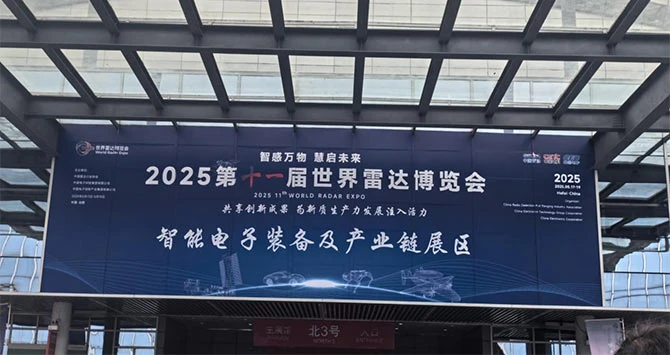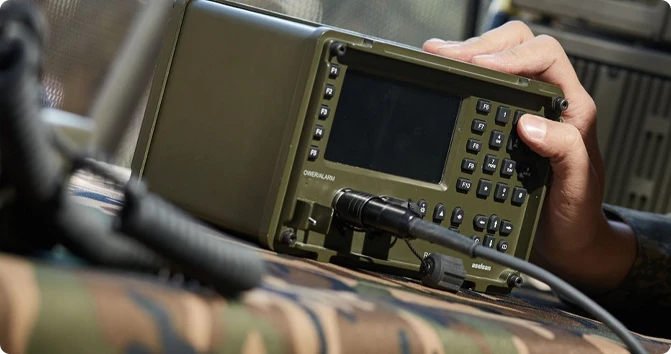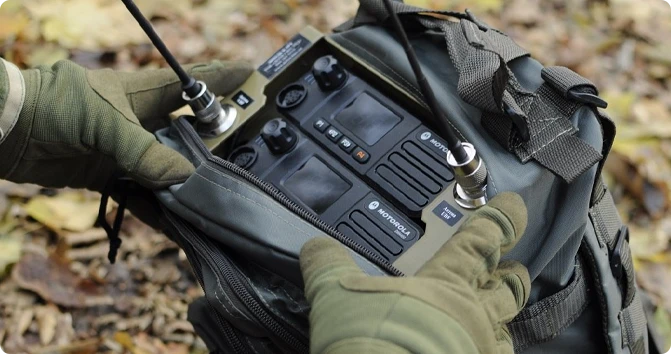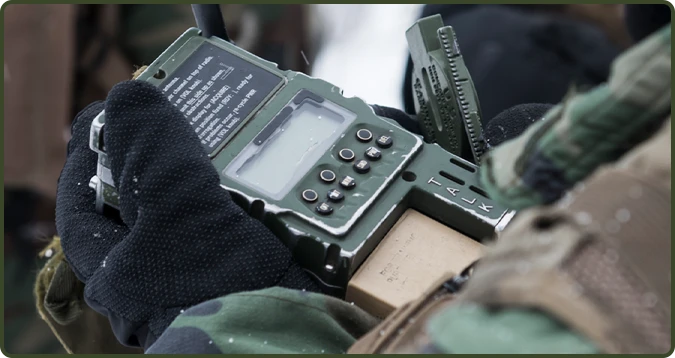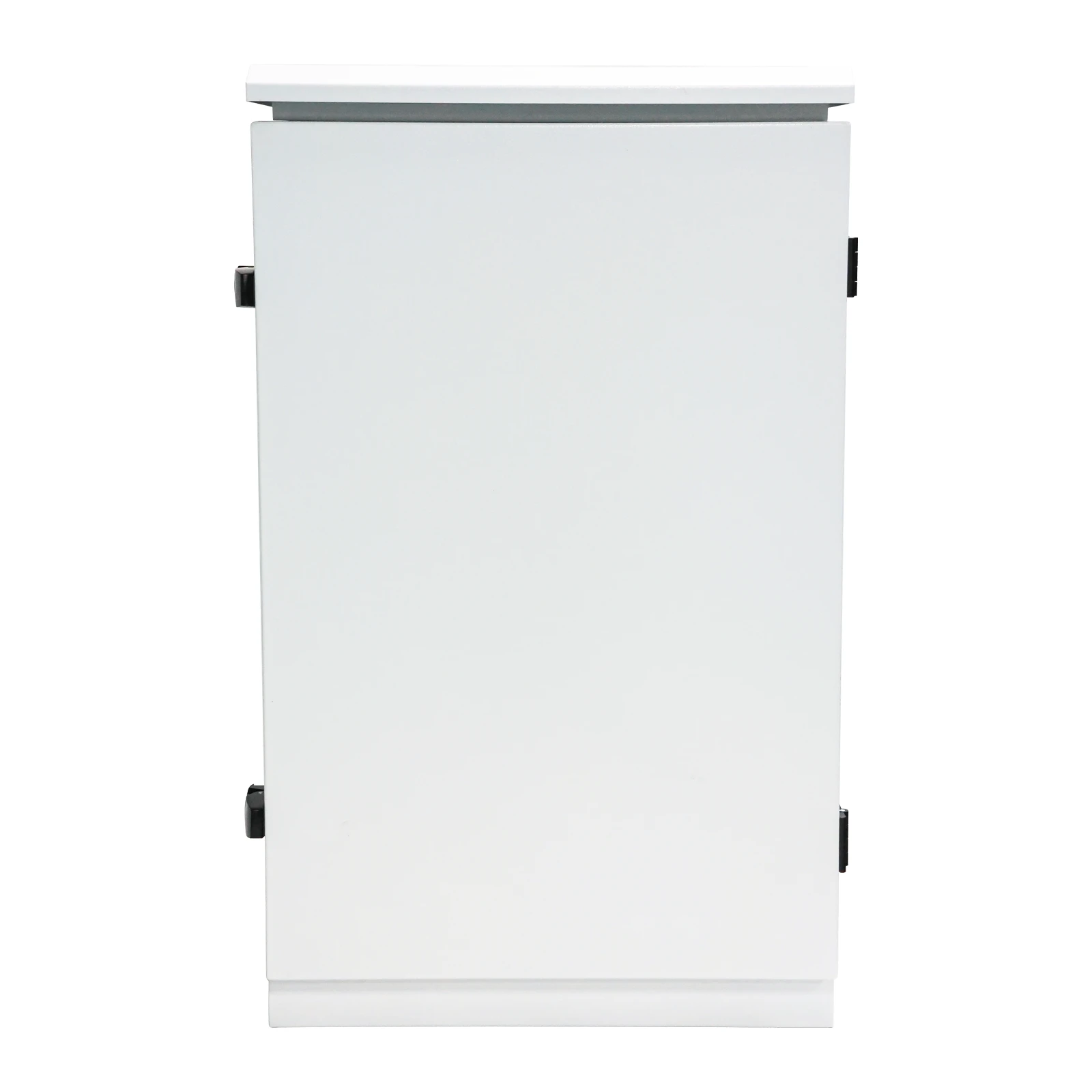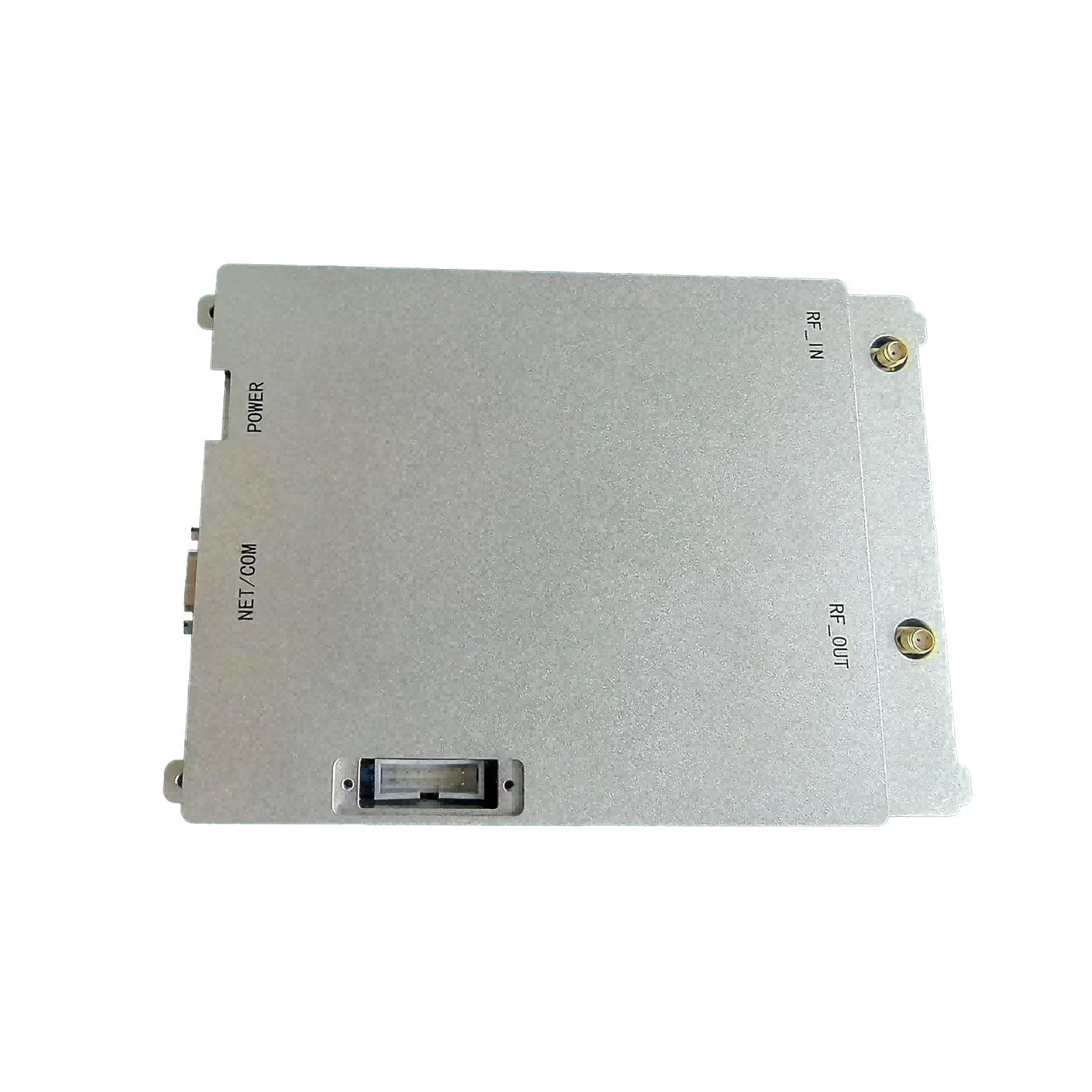AI-Powered Handheld Drone Detector with GPT-4-Turbo
Explore the forefront of anti-drone technology with the handheld drone detector — a versatile tool engineered for advanced, reliable, and portable drone detection across security, industry, and infrastructure protection applications.
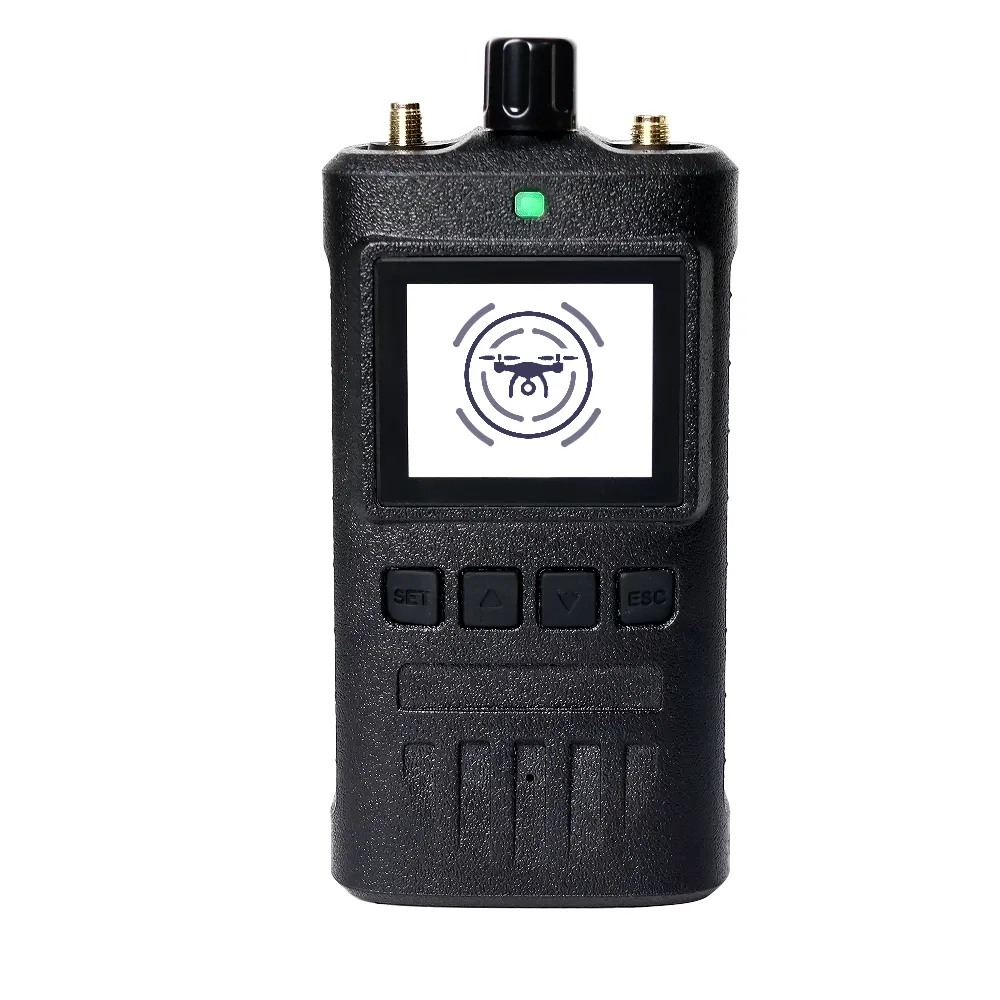
Industry Trends: The Rise of Handheld Drone Detector Solutions
As global UAV traffic surges, urban and industrial security faces mounting risks from unauthorized drones, including privacy intrusion, critical infrastructure sabotage, and corporate espionage. According to Grand View Research, the counter-drone market will exceed $4.2 billion by 2030, with handheld drone detector devices leading growth due to their affordability, portability, and rapid deployment characteristics.
Legal requirements (e.g., FAA Part 107 in the US, EASA in Europe) increasingly mandate industrial drone defense, especially in sectors like petrochemicals, public safety, utilities, and aviation. This drives demand for drone detector handheld units that combine spectrum analysis, AI-based RF identification, and robust communication protocol coverage.
Key industry adoption drivers:
- Threats in critical infrastructure protection (oil/gas, power grid, water treatment)
- Protection at airports, stadiums, government facilities
- Growing use by law enforcement and private security operators
- Latest breakthroughs in RF and AI detection expanding coverage and reducing false alarms
Technical Overview: What Makes a Superior Handheld Drone Detector?
| Brand / Model | Detection Frequency Range | Detection Range | Signal Types | Battery Life | Weight | Certifications | Price (Approx) |
|---|---|---|---|---|---|---|---|
| The Handheld Drone Detector Can Detect 440mhz~6.19ghz Analog And Digital Transmission | 440MHz~6.19GHz | 1.5~2.5 km (LOS) | Analog/Digital RF (Wi-Fi, 2.4/5.8G, proprietary) | ≥7 hours | 1.26 kg | CE, ISO9001, RoHS | $6,800~8,000 |
| Dedrone RF-360 Handheld | 400MHz~6GHz | 1.5 km | Wi-Fi, 2.4/5.8G, known drone RF | 6 hours | 1.7 kg | FCC, ISO | $9,500 |
| DroneShield RfPatrol MK2 | 400MHz~6GHz | 1 km | Wi-Fi, 2.4/5.8G, signals | 8+ hours | 1.0 kg | ISO, MIL-STD | $9,200 |
| Hikvision DS-DRD1 | 430MHz~6.2GHz | 1.2 km | RF/Control, GPS, Wi-Fi | 5 hours | 1.8 kg | CE, RoHS | $6,000 |
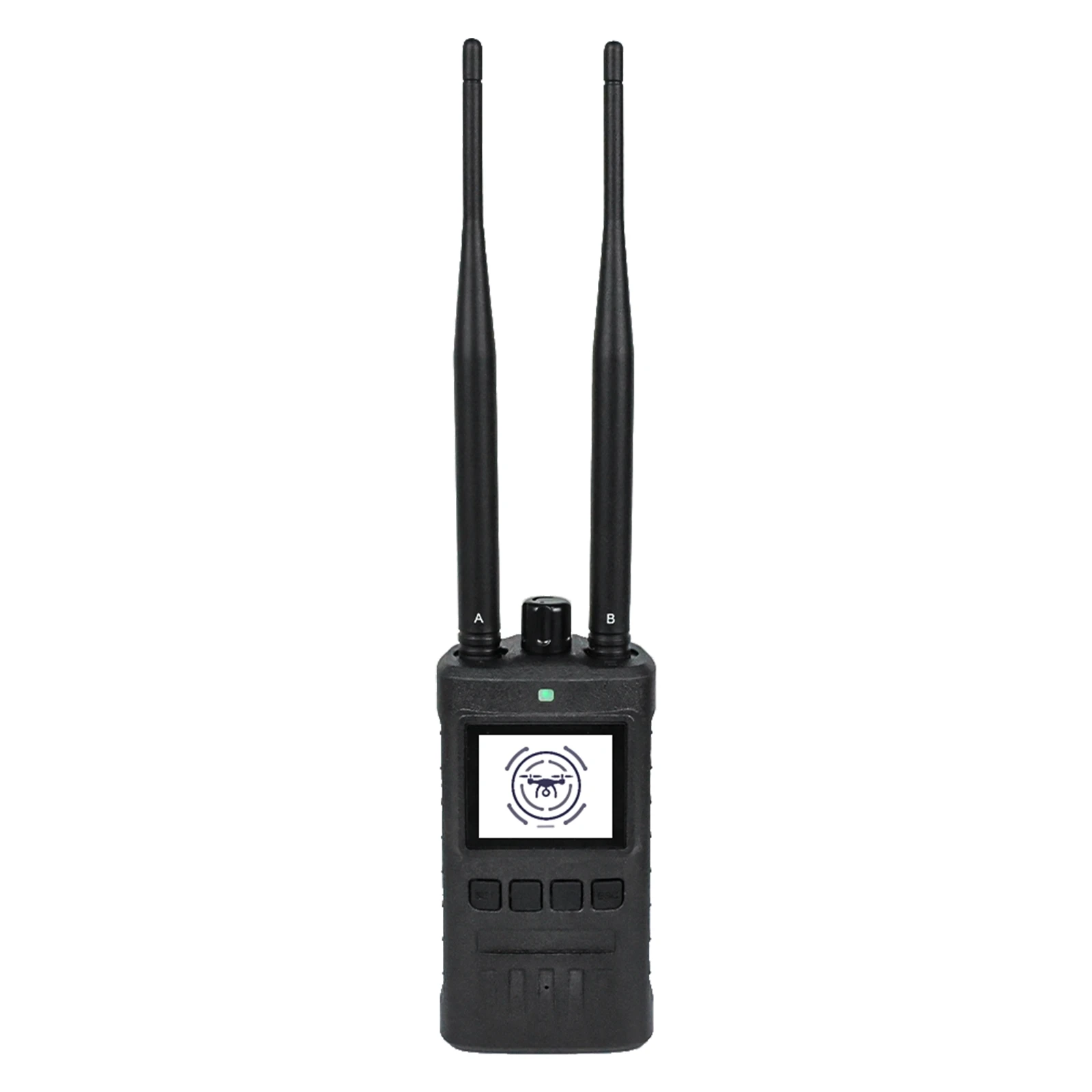
The Handheld Drone Detector Can Detect 440mhz~6.19ghz Analog And Digital Transmission: Technical Deep Dive
- Ultra-wideband RF coverage with high gain antenna array (patented)
- Real-time spectrum analysis and drone model identification
- Field-proof ruggedized design: IP54, impact-resistant composites
- Integrated with GIS mapping for threat localization
Manufacturing Process of Handheld Drone Detector: From Concept to Precision Tool
- Chassis: Aerospace-grade Polycarbonate/ABS alloy for high impact and corrosion resistance
- Circuits: Multilayer FR4 PCBs (RoHS compliant, IPC-A-600 Class 2 standard)
- Antennae: Die-cast aluminum, anodized for conductivity & durability
- Fasteners/hardware: 304 Stainless steel (anti-rust)
- Mean time between failure (MTBF) exceeds 50,000 hours
Industry Applications & Performance
The handheld drone detector is trusted in industries where secure perimeters, sensitive IP, and safety compliance are paramount:
- Petrochemical: Early detection of drones prevents pipeline vandalism and process sabotage
- Metallurgy: Keeps blast furnaces and refining plants drone-free, limiting industrial espionage risk
- Water Management: Safeguards water plants, pumps, and reservoirs from unauthorized surveillance
- Stadiums & Mass Events: Enables rapid mobile response to illegal UAVs at sport or concert venues
- Customs & Border Security: Detects cross-border drone smuggling and monitoring attempts
Data Visualization: Key Metrics of handheld drone detector
Bar Chart: Detection range comparison (km, LOS)
Line Chart: Battery life (hours) for leading units
Major Handheld Drone Detector Manufacturers: Authority & Reliability
| Company | Core Tech | Certifications | References & Deployments |
|---|---|---|---|
| Drone System Co. | UWB RF, AI analysis, GPS mapping | CE, RoHS, ISO9001 (QMS) | Utility, energy, airports, government (19+ countries) |
| Dedrone | RF signature, cloud AI, threat DB | FCC, ISO27001 | Industrial clients, military, mass events |
| DroneShield | Mil-spec RF/ANPR, ruggedization | MIL-STD-810G, ISO | Critical infrastructure worldwide |
| Hikvision | Video+RF+AI fusion, scalable | CE, RoHS, CNAS | Asia, Africa, EMEA utilities, airports |
Noteworthy: handheld drone detector by Drone System Co. stands out for ISO 9001:2015 quality, over 20 years experience, and support for 1000+ enterprise deployments. Compliance with FCC/CE/RoHS and open SDK/API for custom integration further supports authority.
Customized Handheld Drone Detector Solutions
Whether your site faces petrochemical ESD, extreme cold, mobile law enforcement, or unique signal environments, producers offer tailored:
- Housing: Colored, rubberized, or IP65-rated
- Antenna: Integrate high-gain, GPS directional, or covert low-profile
- Interface: Opt for vibration/silent alarm, wireless export, 4G/5G uplink
- Data Integration: Connect to VMS, alarm panels, or real-time analytics platforms
- Power: External 12V/24V, hot-swap batteries for shift operations
Real Application Cases
Client: Global petrochemical leader (Middle East)
Problem: Elevated risk of espionage via consumer drones.
Solution: Deploy 10 handheld units + portable jammers. Detected/driven off 12 intrusions in 60 days. Uninterrupted operation in 47°C desert, field-tested under ISO/IEC 17025.
Client Feedback: “Device rapidly identified signal, prompted immediate response. Ergonomics and ruggedness surpassed previous RF scanners.”
Client: National sports league, Europe
Problem: Drone flyovers broadcasting event footage illegally.
Solution: Temporary deployment of 6 handheld drone detector units, linked to stadium alert system. 100% detection rate during 3-month pilot; zero false positives.
Feedback: “Fast recharging and real-time mapping enabled instant tracking—crucial for public safety compliance.”
FAQ: Expert Answers to Technical Questions
Handheld Drone Detector – Industry FAQ
Ordering, Delivery & After-Sales Service
- Lead Time: Standard handheld model: 2-4 weeks; custom specs (antenna, interface) 6-8 weeks
- Certifications with products: CE declaration, ISO9001 QC certificate, full QC log
- Support: 24/7 email, working-hours phone and online remote diagnosis/troubleshooting
- Warranty: 2 years, full replacement or repair, with optional 1-year extension
- Training: Online or onsite, operator and maintenance modules, with certification
- Customer References: Available on request—contact via drone-system.com
Conclusion & Further Reading
As drones evolve, portable detection becomes critical for dynamic security and infrastructure protection. Devices like the handheld drone detector combine cutting-edge RF technology, advanced materials, and proven industrial reliability—setting the benchmark for cost-effective mobile counter-UAV defense. For technical community discussion and technological deep-dives, consult:
-
09 March 2021 07 Jul 2025
-
09 March 2021 07 Jul 2025
-
09 March 2021 07 Jul 2025
-
09 March 2021 07 Jul 2025
-
09 March 2021 07 Jul 2025
-
09 March 2021 21 May 2025
-
09 March 2021 25 Dec 2024
-
09 March 2021 14 Oct 2022
-
09 March 2021 25 Dec 2024



